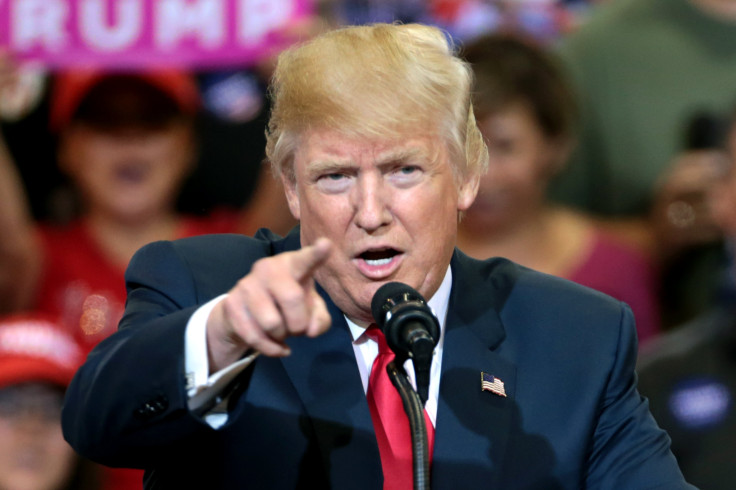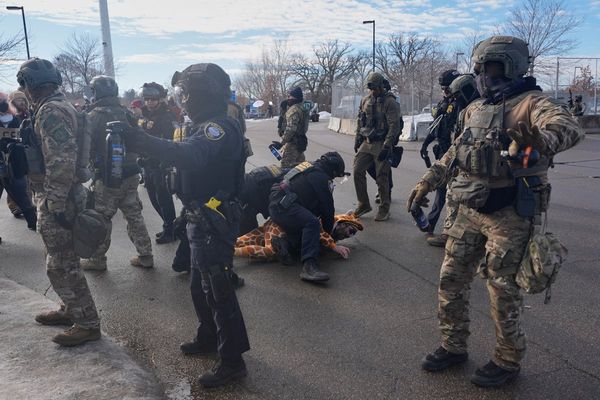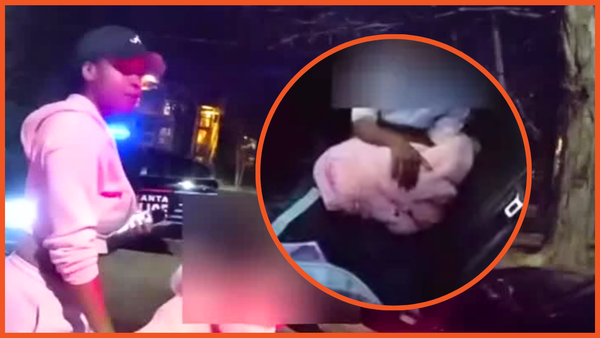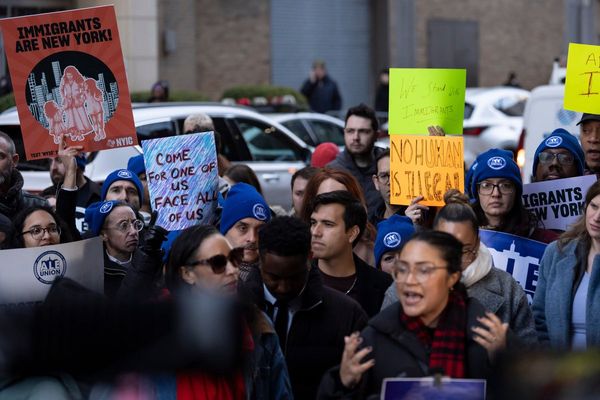
Donald Trump's latest battle isn't being fought at a rally — it's in the courtroom. The US president has threatened to sue the BBC for £760 million ($1 billion), accusing it of defamation over an edited clip from his infamous 6 January 2021 speech.
But for those who have followed Trump's long feud with the press, this isn't a one-off outburst. It's part of a pattern and a lucrative one.
READ MORE: BBC Rocked by Trump's Warning: '$1BN or We Fight' — the Cost to Your News
A Familiar Fight, New Stage
The BBC may be Britain's most trusted broadcaster, but to Trump, it's now another 'enemy of the people.'
His lawyers allege that the BBC's Panorama documentary, Trump: A Second Chance?, 'intentionally distorted' his words to suggest he encouraged the Capitol riot.
BBC's director-general Tim Davie and chief executive of BBC News Deborah Turness have both resigned tonight after being exposed for allowing these doctored clips of President Trump to be broadcast from their flagship "investigative" programme Panorama.
— Tommy Robinson 🇬🇧 (@TRobinsonNewEra) November 9, 2025
This same programme tried... pic.twitter.com/v2rrxPfaPE
The BBC has since admitted an 'error of judgment' in how the footage was edited, though it denied any political intent.
From ABC to BBC: The Billion-Dollar Pattern
Just last year, ABC agreed to pay £11.4 million ($15 million) to settle a defamation suit Trump filed against the network and anchor George Stephanopoulos. His complaint: 'false and defamatory' coverage that, in his words, tried to 'destroy' him.
A few months later, Paramount, the parent company of CBS News, quietly paid £12.2 million ($16 million) to resolve another Trump lawsuit over a 60 Minutes interview with Kamala Harris. His lawyers claimed the exchange had been 'selectively edited' to make the then-vice president look sharp and Trump foolish.
Each case followed the same playbook: accuse a broadcaster of bias, demand an eye-watering sum, and frame the settlement — or even the threat — as proof of media wrongdoing.
The Power of the Lawsuit
Trump's critics say he doesn't always need to win; he just needs to wage war.
Every lawsuit becomes part of a larger narrative: that the media cannot be trusted, that he's a victim of bias, that he alone stands against corruption.
Between settlements and self-censorship, Trump's media strategy has delivered both financial returns and political clout.
Networks now think twice before cutting footage of his speeches or editorialising his statements.
BBC at the Crossroads
For the BBC, the lawsuit threat comes at a volatile moment. Two of its top executives, Director-General Tim Davie and Head of News Deborah Turness, have already resigned amid the fallout from the Panorama controversy. The corporation has promised an internal review, but the damage may already be done.
Beyond the money, the case strikes at something deeper: public trust. The BBC has long been a symbol of impartiality. Now, it faces being dragged into an American-style culture war where truth is subjective and outrage is currency.
READ MORE: BBC Chief's Exit Tied to Trump Documentary Raises Fresh Concerns on Editorial Pressure
Why It Matters
For ordinary viewers, this isn't just another Trump story. It's about how far political power can bend the truth and how easily it can be weaponised against journalism itself.
Trump's £760 million ($1 billion) threat may never reach trial. But even the possibility of it could chill reporters, editors and producers from New York to London. And that, experts warn, is precisely the point.







